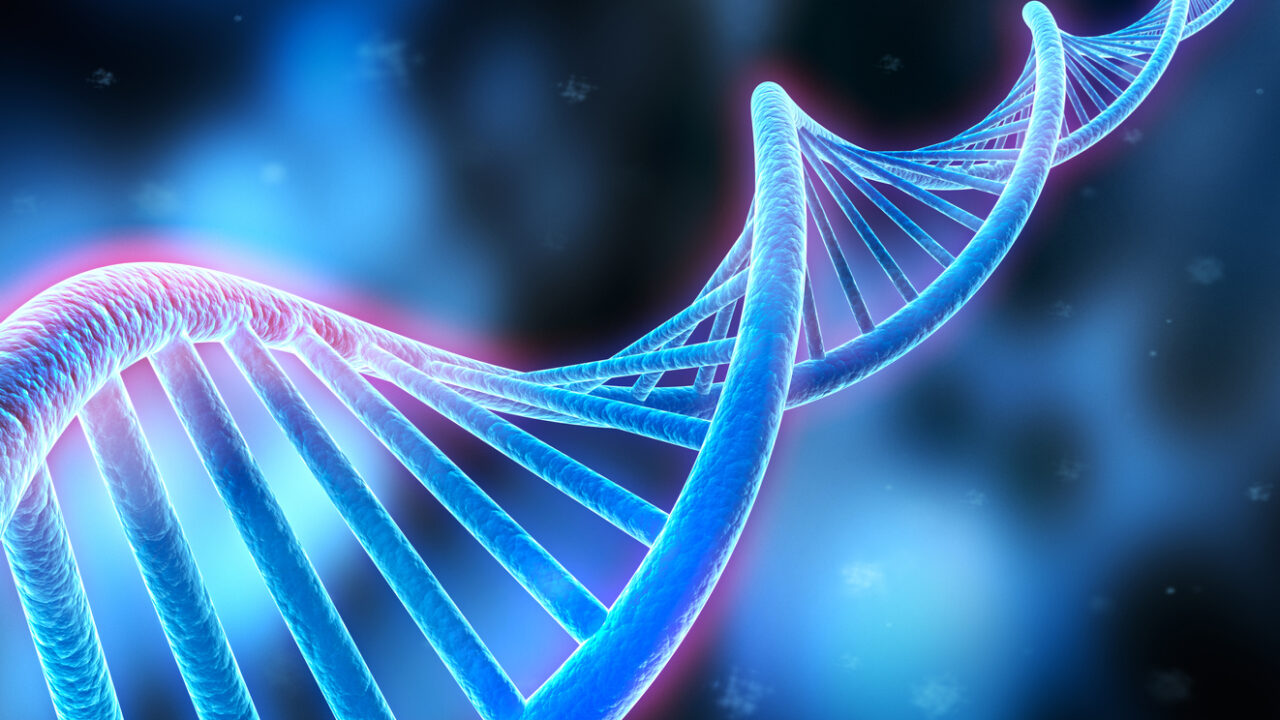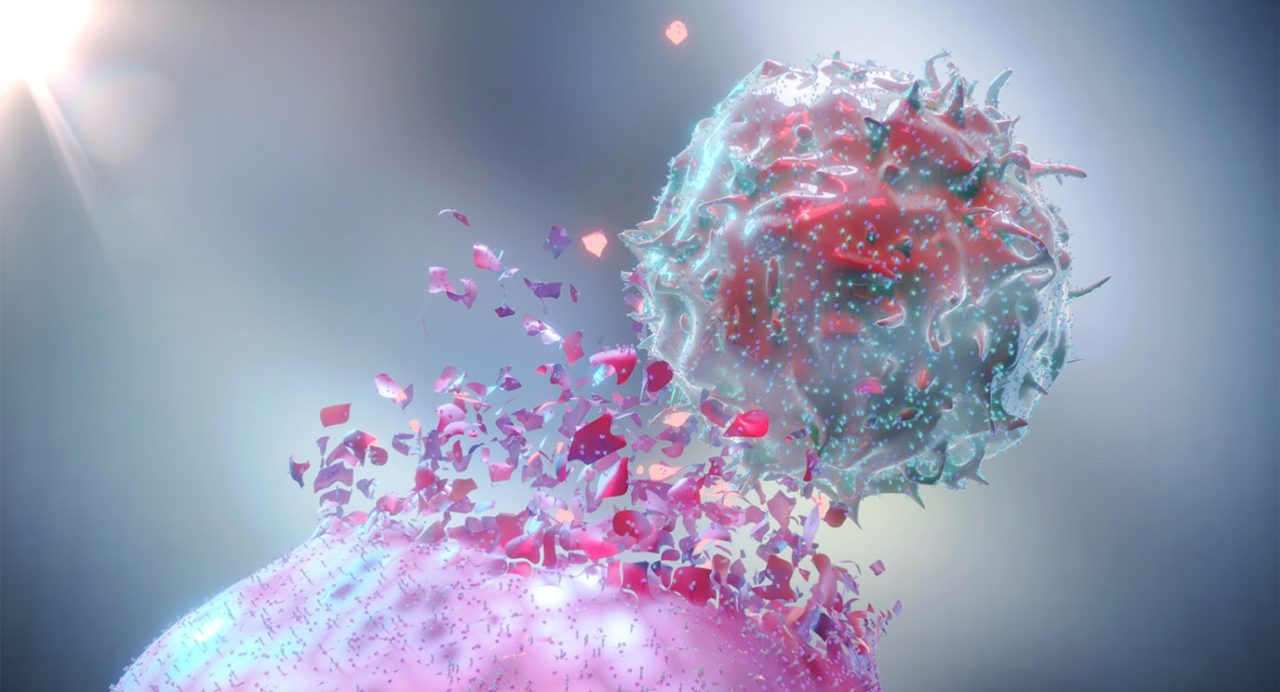COVID-19 & Cancer »

Today, the COVID-19 pandemic continues to affect communities across the country and world. One group that COVID-19 particularly impacts are people with cancer. In the midst of this pandemic, it is important to look out for yourself and others as best as possible. Keeping up with your healthcare needs when you can, like seeing your doctor or going in for a cancer screening appointment, is important! Don’t leave yourself behind during COVID-19!
Quick Links
Nutrition & Cancer »

What we eat, or don’t eat, plays in an important role in our health. Today, researchers are learning more about the way food might play a role in the development and/or prevention of cancer.
While each person is different, it is generally recommended that our diet include:
- Vegetables, dark green, orange, red, leafy, and starchy ones
- Fruits, especially whole fruit
- Grains, at least half of which are whole grains
- Dairy, like milk, yogurt, cheese, or other dairy alternatives
- Protein Foods, such as lean meats, poultry, and eggs, or beans, peas, and nuts
- Oils, including vegetable oils and others that occur naturally in foods like nuts and seafood
It’s also recommended that we try to limit:
- Added sugars, like those in processed sweets
- Saturated, or processed fats
- Added sodium, or salt
- Alcoholic beverages
Ultimately, each of our diets will look differently, based on what works best for us. As best as possible, try to find balance in eating a wide variety healthful foods and limiting processed ones.
Quick Links
Epigenetics Explained »

Epigenetics is the study of how a person’s actions or surroundings can cause changes in the way their genes work. Genes are made up of DNA and can be regulated, or turned on and off.
When an epigenetic change occurs, a gene is turned on or off when it isn’t supposed to be. This change is similar to leaving the light switch on by accident when you leave the room.
Epigenetic changes to genes can lead to diseases like cancer. Although some cancers are the result of inherited genes, others are the result of epigenetic changes.
What a person eats, how much they sleep, how much they exercise, and if they smoke or not can impact their genes. Certain environments can also impact how a person’s genes work.
The field of epigenetics and cancer research is growing each day. Many researchers are finding new ways to prevent epigenetic changes that lead to cancer.
Quick Links
Immuno- & Chemotherapy »

Immunotherapy and chemotherapy are two different therapies (or treatments) that doctors use to fight cancer.
Immunotherapy is a treatment that works to strengthen a person’s immune system to fight cancer. Immunotherapy allows the body’s immune system to recognize and attack cancer cells.
Unlike immunotherapy, chemotherapy doesn’t use the body’s immune system to fight cancer. Instead, chemotherapy uses drugs to attack the cancer cells in our body directly.
Both immunotherapy and chemotherapy can be used to fight cancer by themselves. They can also team up with other treatments like radiation, surgery, or each other, to fight cancer.
Scientists today are working to develop new, more effective immunotherapies. The field of research surrounding immunotherapy is constantly growing!
